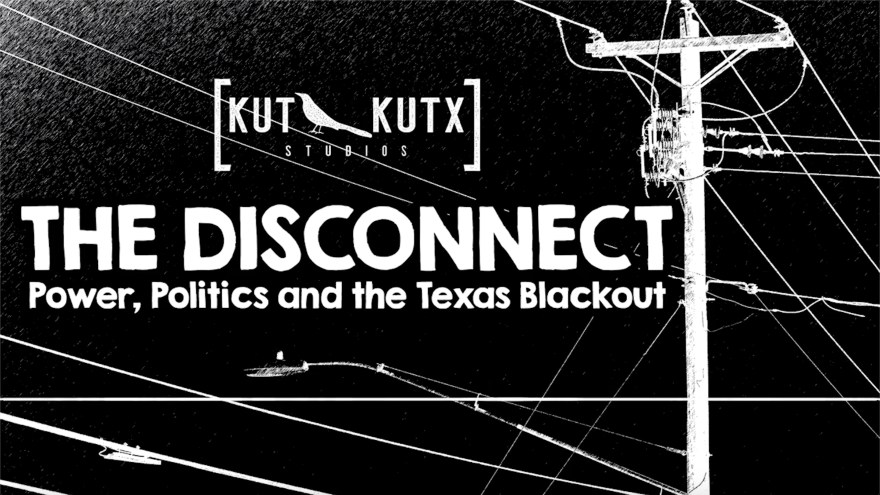Winter weather arrived in Texas this month. Winds brought not only cold, but also memories of last year’s deadly freeze and blackout. Understandably, people got nervous. But, experts say, the weather we’ve had so far was not likely to bring a power failure. So what, if anything, does the grid’s performance tell us about its readiness for the next big storm?
First, some context about this month's weather.
“I would say, generally, January 2022, so far, has been boringly normal,” says Victor Murphy, a climate program manager for the National Weather Service.
Murphy has run the numbers. He says the low temperatures this month are pretty much exactly what Texans should expect every winter, every year. The same goes for the pattern of cold we experienced, which Murphy described as “cold mornings for a day or two, followed by two or three days of moderating temps and then things cooling back off again.”
It’s par for the course, he says, nothing close to last year’s storm and nothing that should even begin to strain an electric grid.
But that has not stopped people from worrying.
Ahead of last week’s freeze, there were plenty of Texans anticipating, or at least preparing for, another blackout. The fear was maybe most apparent on social media, but also crept into the real world with people stocking up at grocery stores.
The Texas Tribune’s Ross Ramsey says that’s no surprise after what they went through last year “sitting in their houses freezing and wondering if they were in real peril.”
Ramsey says it’s also not a surprise that the condition of the grid has become a political issue in an election year.
Democrats have hammered Gov. Greg Abbott over the blackout.
“You want to turn Texas blue? Just turn Texas blue,” Ramsey jokes. “If [voters] get cold again like that, they're going to blame somebody.”
The governor has responded with the political gamble of promising “the lights will stay on” this year.
“The [governor's] bet is that last year was the anomaly, and that this year will be normal and that you won't get the kind of weather this year that you had last year,” Ramsey says.
All that anxiety and political spin is happening as the institutions that operate and regulate the Texas energy system suffer from a crisis in credibility that many would call well-deserved.
So what, if anything, has our first cold-weather month since the blackout taught us about the state of the grid?
“What we learned from last winter is that power plants freeze. What we've learned from this winter is that you can winterize that power plant. But if you don't winterize its fuel supply, particularly natural gas, that power plant can't run.”Alison Silverstein, energy consultant
For one thing, the absence of a blackout doesn’t mean the grid is fixed.
“What it means is things [this month] weren't that bad and we didn't screw up,” Alison Silverstein, a consultant on energy issues, says. “But that doesn't mean things are perfect, and we will never screw up.”
Silverstein has worked at both the Public Utility Commission of Texas and the Federal Energy Regulatory Commission. After last winter, she and a group of former regulators put together a list of reforms that, they say, would strengthen the grid. Among the ideas are increasing state energy efficiency goals, mandating backup power for critical facilities and making sure utilities can rotate outages better.
“Most of the items on that list have not yet been touched,” she says.
This winter has also shown how fragile and lightly regulated the Texas natural gas system remains.
During the first freeze of the year, gas production in Texas dropped precipitously, interrupting supply to some power plants. Before the second freeze, gas pipeline company Energy Transfer was accused of threatening to withhold gas supply to power plants as part of a contract negotiation.
Energy Transfer now says its position was misrepresented. But Silverstein says “the gas system still appears to be the Wild West.”
“What we learned from last winter is that power plants freeze,” she says. “What we've learned from this winter is that you can winterize that power plant. But if you don't winterize its fuel supply, particularly natural gas, that power plant can't run.”
So far none of these things have stopped Texans from getting electricity. But she worries what they mean for the grid during the next really big winter storm.
After all, the weather can’t stay boring forever.


















